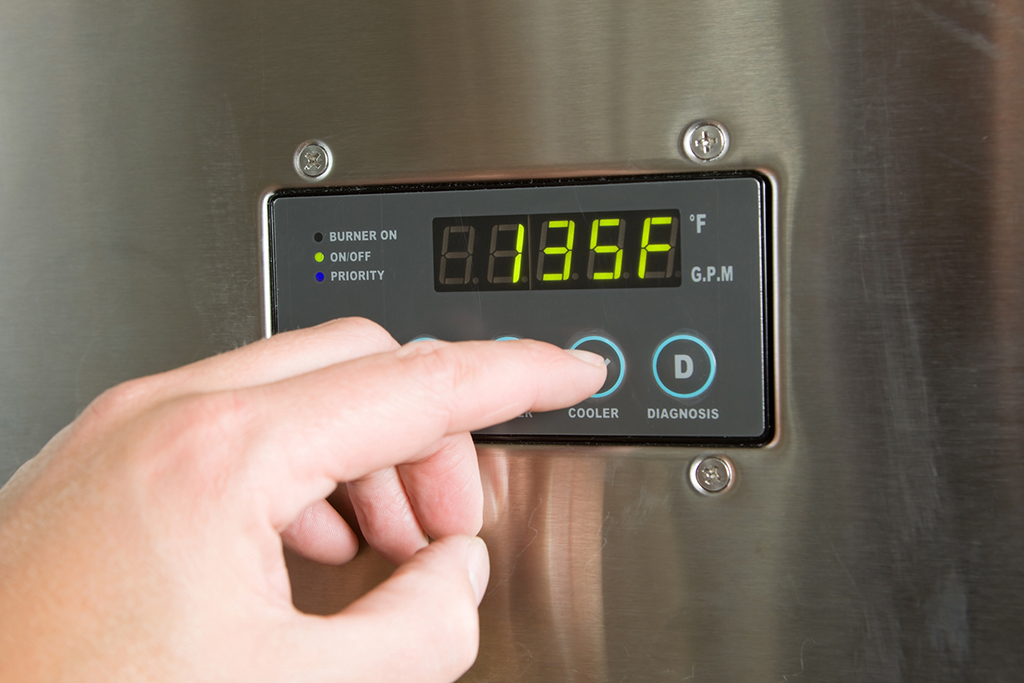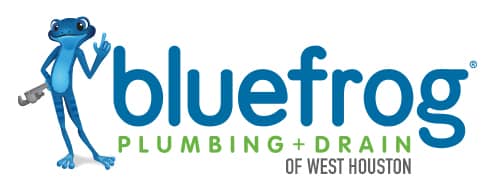
The Five Main Types of Water Heaters Explained | Insights from Your Trusted Memorial City, TX Tankless Water Heater Experts
Photo By BanksPhotos at istock
Water heaters last for many years, but eventually, like most things, they need to be replaced with a new model. If you’re in the process of replacing your water heater, there are five main types of water heaters you will be choosing from. To make the decision a lot easier, we have explained each water heater in full detail, including the cons and benefits of each type.
Conventional Storage Tank Water Heater
The conventional tank water heater is probably the water heater you’re most used to. It’s the most popular model and likely the one you grew up with. This type of water heater has a tank to hold water that is heated. The size of the tank determines how much hot water is available throughout the house at any given time. If the tank is too small for the household consumption rate, hot water will run out as the tank empties before it can refill.
The water heater’s tank is insulated, which keeps the water warm. A conventional water heater also has two valves: the pressure control valve and the temperature control valve. The pressure control valve opens and lowers the pressure when it reached a level of 150 psi. And the temperature control valve opens and moderate’s temperature after water reached 120 degrees Fahrenheit or hotter.
Maintenance
As the tank always stores water, it needs to be cleaned regularly. Ideally, you should clean your conventional storage tank water heater twice a year to remove sediment build-up. Your water heater will still work if you don’t clean it, but the regular maintenance can help it last longer.
Typical Lifespan
The conventional storage tank water heater lasts between eight to 12 years.
Benefits
The traditional tank water heater is very affordable and easy to install.
Cons
If the tank empties of all its water, it can take up to an hour to refill and give you access to hot water again. If you choose this water heater, it’s essential to select a large enough tank for your household usage.
Tankless Water Heater
The tankless water heater also known as on-demand water heater, have no tank, so it’s not as limited in the amount of hot water it can supply. Instead, hot water is produced “on demand.” Water is transported through super-heated coils that heat the water as it moves. Tankless water heaters do come in different sizes, and it’s still important to choose the correct size for your household. A smaller tankless water heater may not be able to keep up with the demand of a large family, resulting in lukewarm or cold water.
A tankless water heater works well with homes that use natural gas. If you use electricity to power a large tankless water heater it can result in higher electrical bills.
Maintenance
Although the lack of a tank means flushing isn’t necessary, the on-demand water heater should still be cleaned once a year. Regular maintenance can remove mineral scale and reduce the chance of rust.
Typical Lifespan
The tankless water heater is usually 15 to 20 years.
Benefits
This type of water heater is very energy efficient as it heats water on demand and doesn’t have to keep a tank of water hot all day.
Cons
The initial cost of purchasing the tankless water heater is more than a traditional water heater. Additionally, if you buy a large tankless water heater it may require renovations to your home to install larger gas lines or more power capacity.
Heat Pump Water Heater
The heat pump water heater uses a combination of heat in the air and in the ground to heat water. So, electricity is used to move heat from the ground or from the air to the water. This is different than other water heaters that use electricity to heat the water directly.
Maintenance
This type of water heater has a tank, so like a traditional water heater, it should be cleaned twice a year.
Typical Lifespan
The heat pump water heater is usually eight to 12 years.
Benefits
Heat pump water heaters are very energy-efficient, using up to 60% less electricity than the traditional tank water heater.
Cons
The heat pump water heater includes a pump on the top of the appliance, which can require a lot of space. Often, these appliances require up to eight feet of vertical clearance.
This water heater is expensive for upfront costs.
And, lastly, heat pump water heaters won’t do well in cold areas such as basements. This is because it needs to pull heat from the air or ground around it. So, the household has to have a suitable space for the heat pump water heater.
Solar Powered Water Heater
The solar powered water heater draws heat from roof-mounted solar panels. The solar energy is transported to a closed-loop system which has a heat-conductive material that can heat the water in the tank. This system does usually require a backup plan so that energy is still supplied on cold and rainy days.
Maintenance
This appliance has a tank, so it requires the usual twice a year flush-out. Additionally, there may be maintenance tasks for the solar panels.
Typical Lifespan
The solar-powered water heater can last up to 25 years.
Benefits
A solar powered water heater can save households a lot of money if they live in a warm, sunny climate. It’s also a very environmentally friendly approach.
Cons
This style of water heater is only appropriate in very sunny areas and is very expensive to install. Homes will have to have a backup plan, such as natural gas, for cloudy days.
Condensing Water Heater
A condensing water heater uses unused gas fumes to heat water. Usually, this type of water heater is installed in homes that use primarily natural gas for energy. The exhaust from the natural gas heats the water that is kept in a conventional tank.
Maintenance
As with the other options, the tank in a condensing water heater requires flushing twice a year. Additionally, gas import valves may need to be cleaned once a year.
Typical Lifespan
The condensing water heater usually lasts between eight to 12 years.
Benefits
A condensing water heater is an energy-efficient and cost-effective option for households that use natural gas anyways.
Cons
This isn’t the best option for households that don’t already use natural gas. Additionally, there are no small models of condensing water heaters, so it’s best for larger families.
For residents in Memorial City, TX, bluefrog Plumbing + Drain can install any model of water heater. bluefrog Plumbing + Drain’s Memorial City, TX location has been providing services for its residents for many years. We know the Memorial City, TX landscape well, so we can recommend the best type of water heater for your home.





;)

